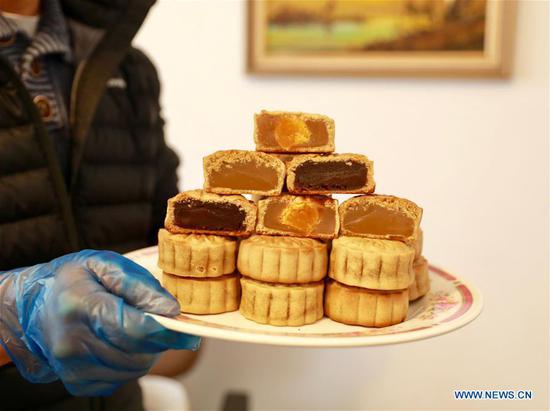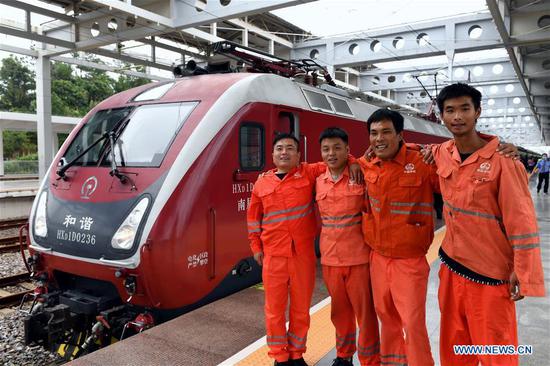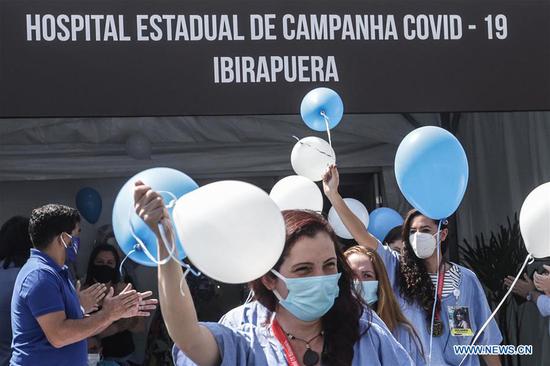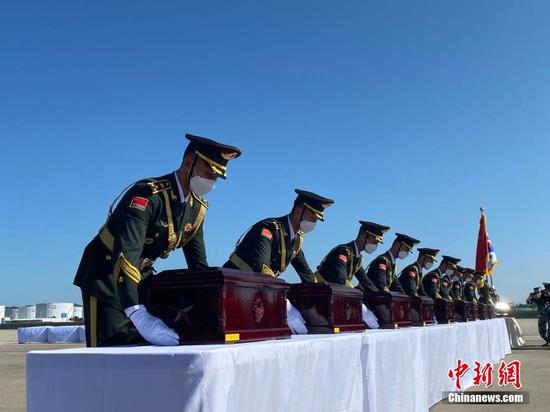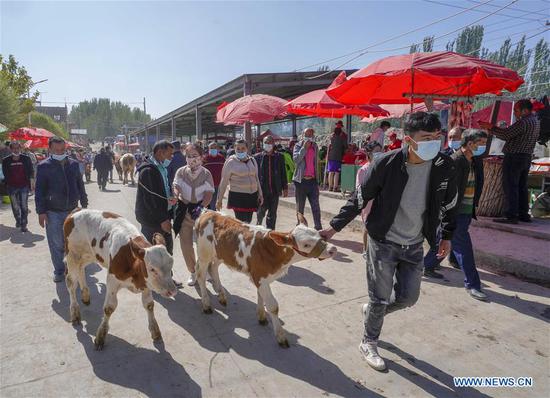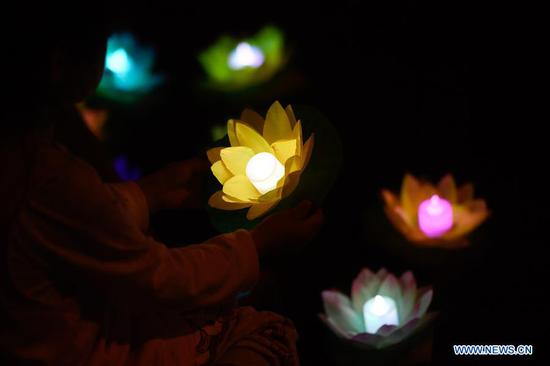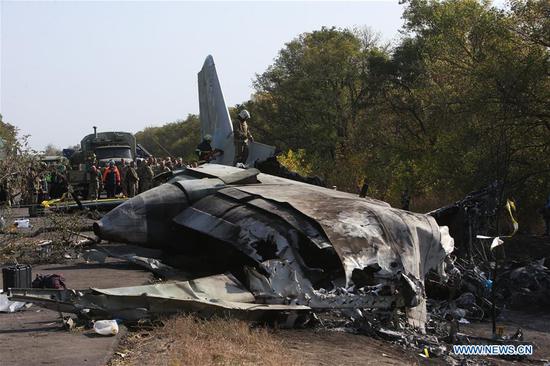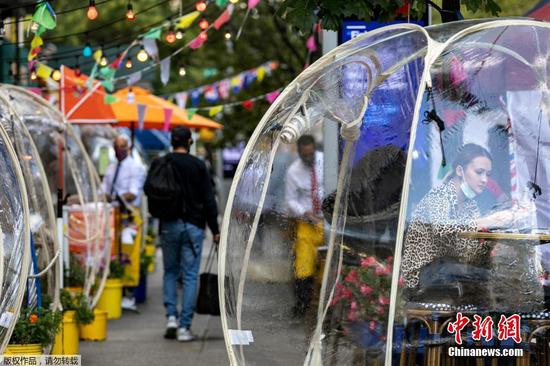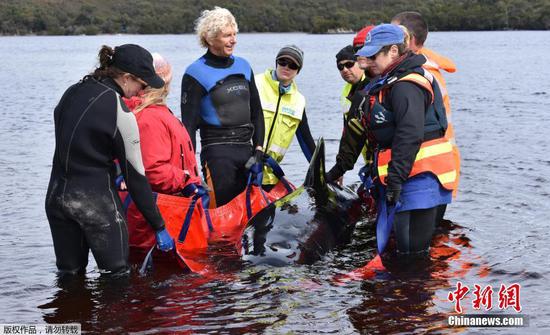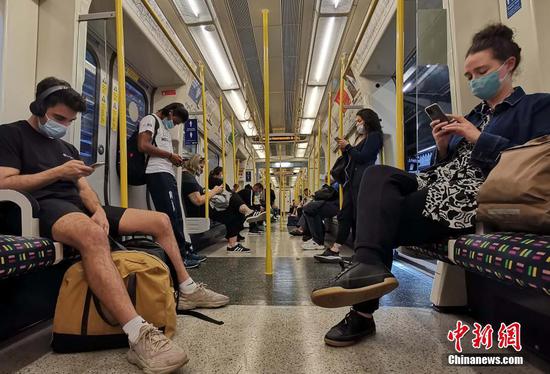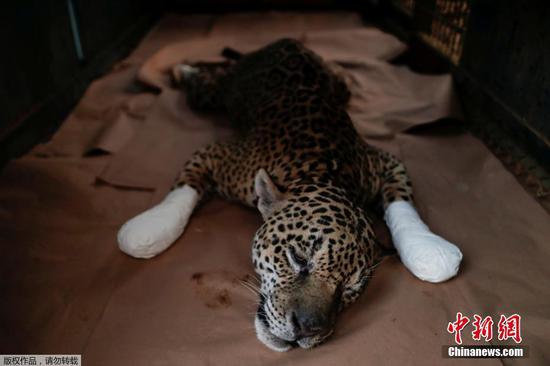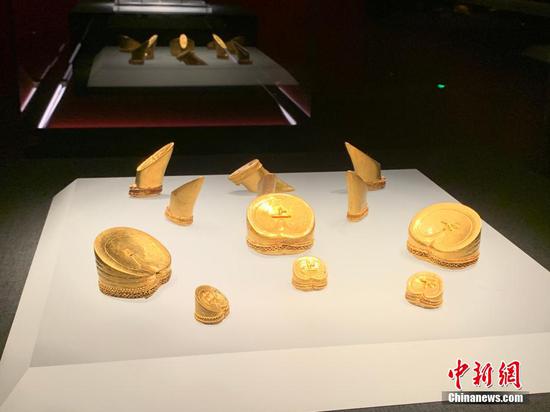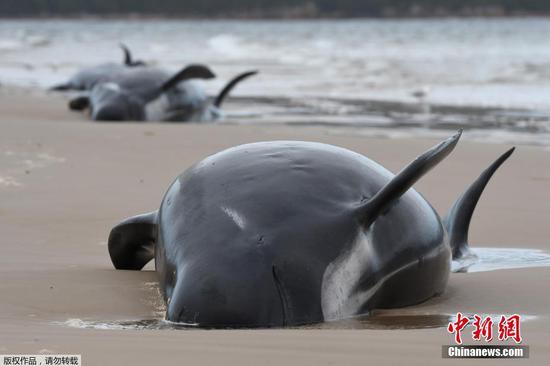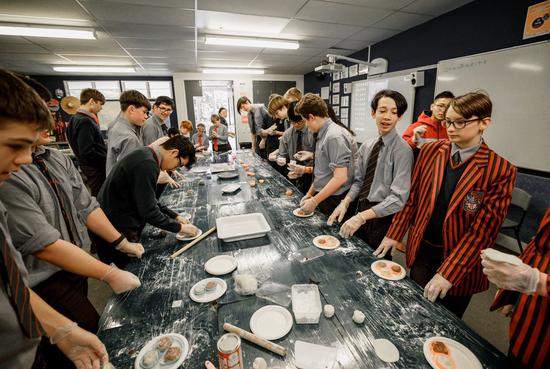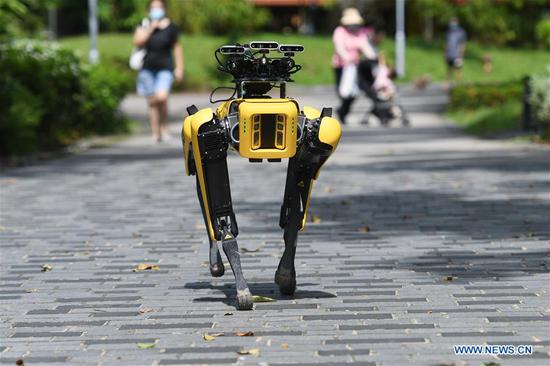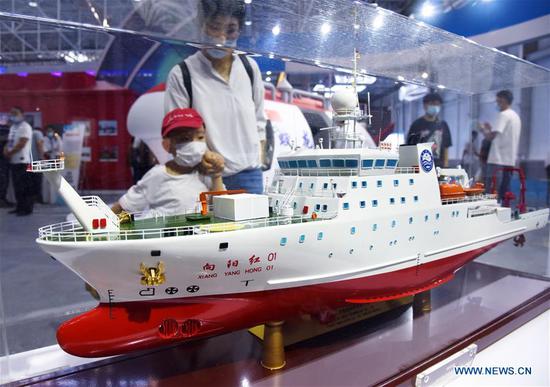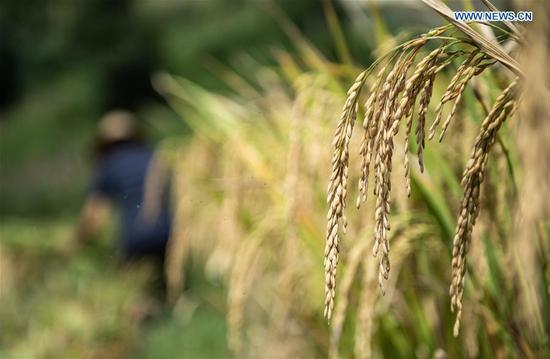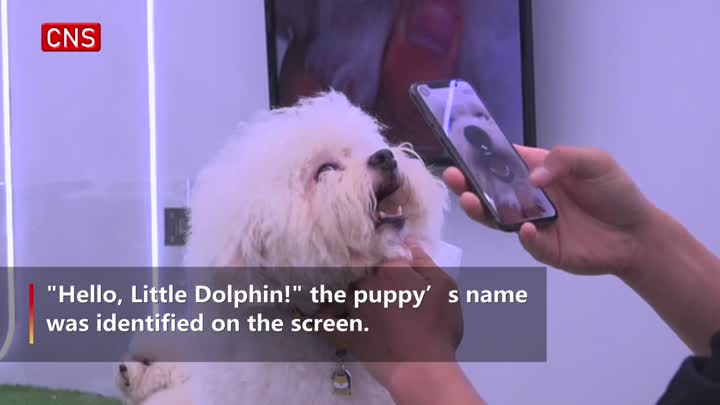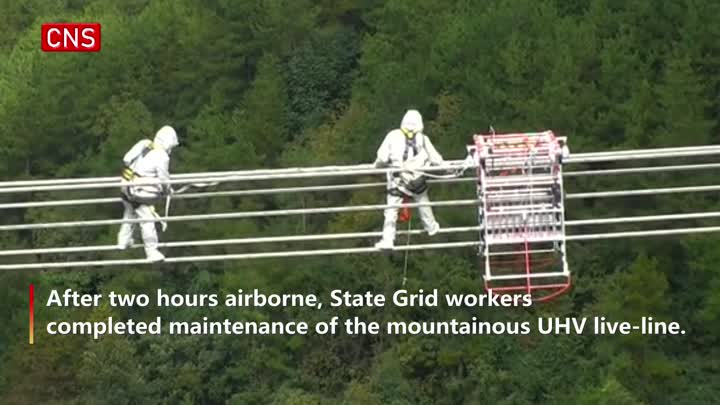As countries like Britain and China are racing against time to find vaccine and treatments for COVID-19, researchers in the UK are also looking for new ways to diagnose the infectious disease in a faster and easier manner.
Sterghios Moschos, associate professor at Northumbria University, is leading the development of an innovative breath collecting device, which allows sampling of the lung in a non-invasive way to retrieve biomarkers. These biomarkers, found in people's breath, have diagnostic potential for COVID-19 and beyond.
Once the new technology is proved to be reliable and working, the testing process for COVID-19 can become much faster and more convenient.
"We get them to breathe into the device, to simply sit down and exhale into the device, so that we can understand what is the extent of the viral load," he told Xinhua in a recent interview.
The device is believed to be less prone to contamination and false negative results, said Moschos. Currently, tests mostly use nose and throat swabs.
His team has been working with several hospitals across Europe to test the device on people displaying early coronavirus symptoms, said Moschos.
He said that he believes the device could work in a way that sees people take tests on their doorstep and upload the results to "a cloud" (cloud computing).
"We would like to see somebody have this box at home, and they just provide a sample, the driver picks it up from them", and the sample is put in the machine in the van, then "the cloud" says what's there, he said. "That's the ideal scenario."
Currently, Moschos and his team are pushing forward with the project aiming to start mass production of the device as soon as possible. But they still need approval from the regulators and get the data to the "correct point".
As for COVID-19, Moschos said that he believes people still have a lot to learn about it.
"We are still discovering things about this disease, which, unfortunately, some people seem to think we know what these diseases are. That's not the case. We're still learning," said Moschos.









